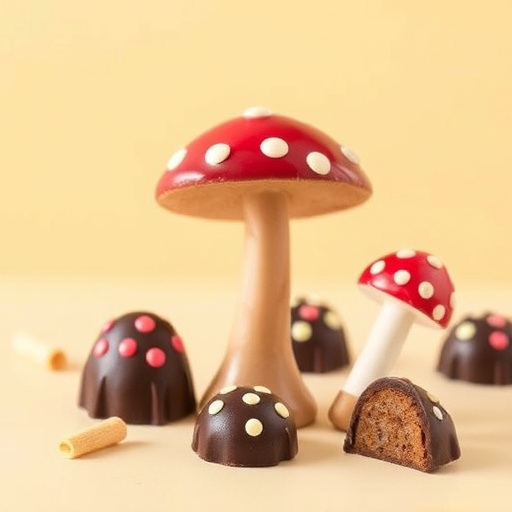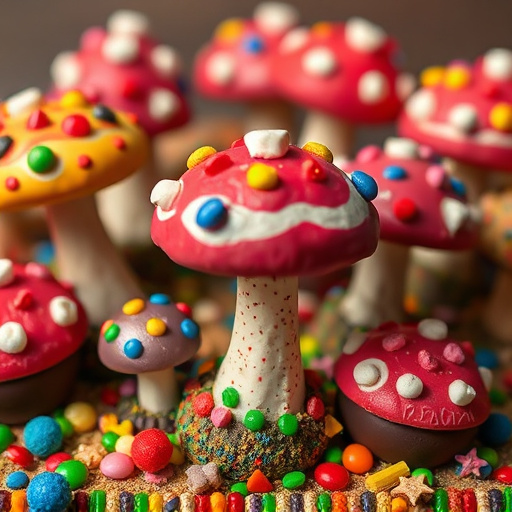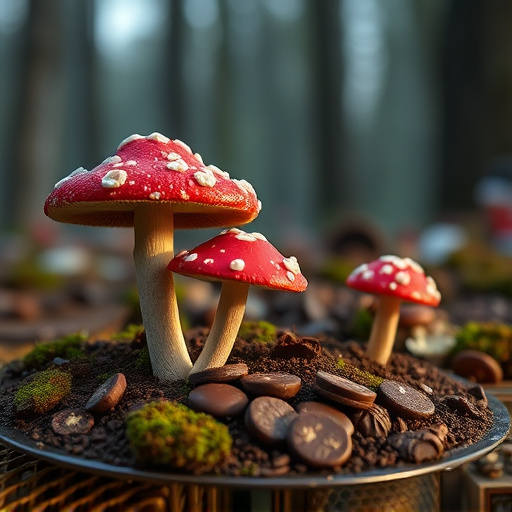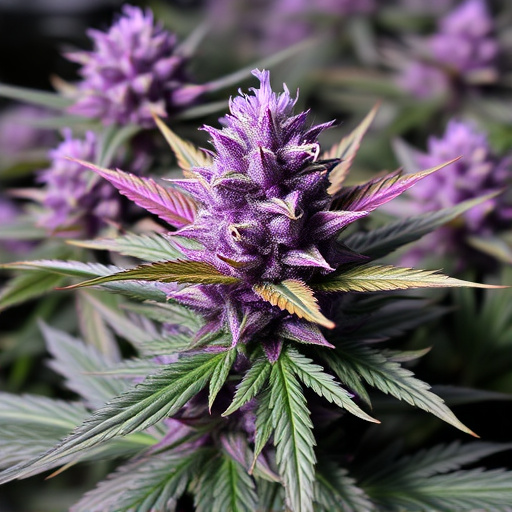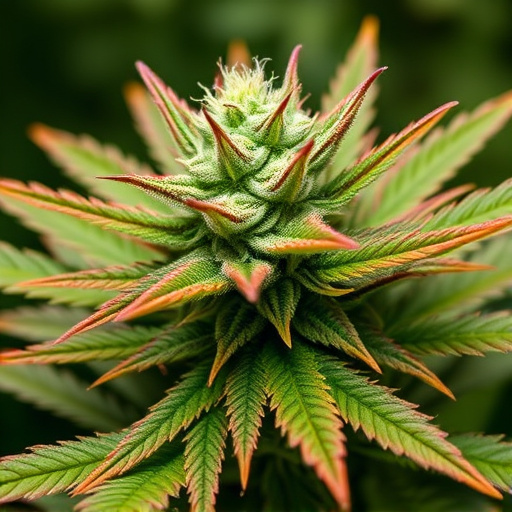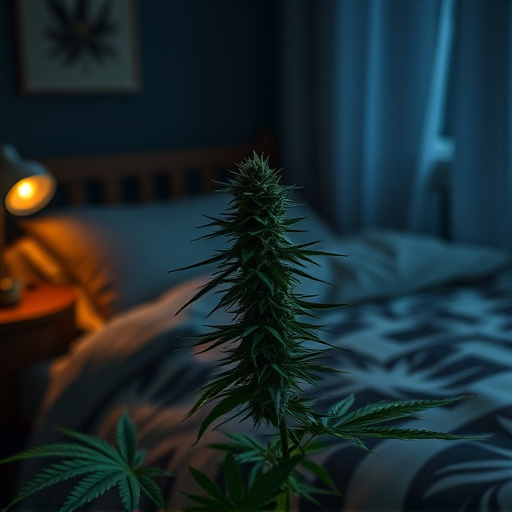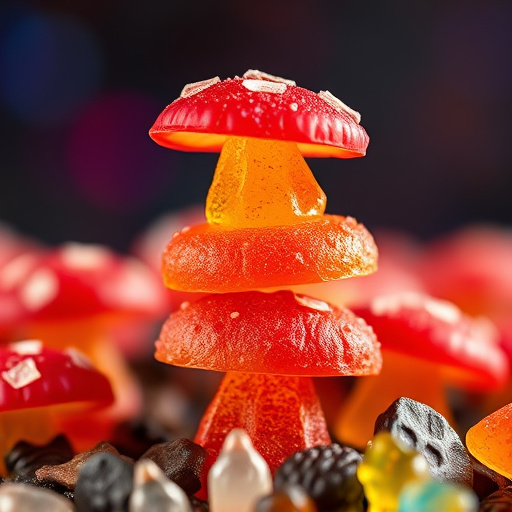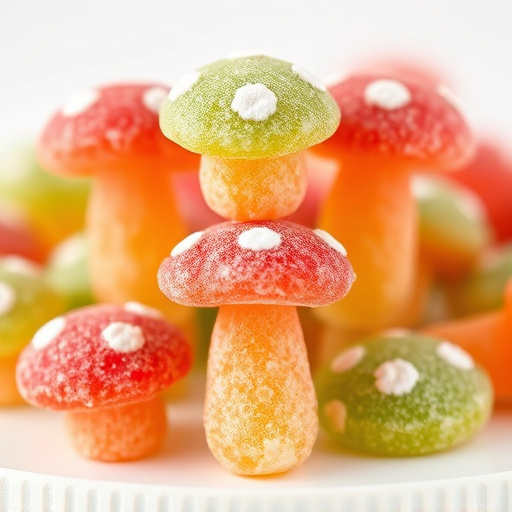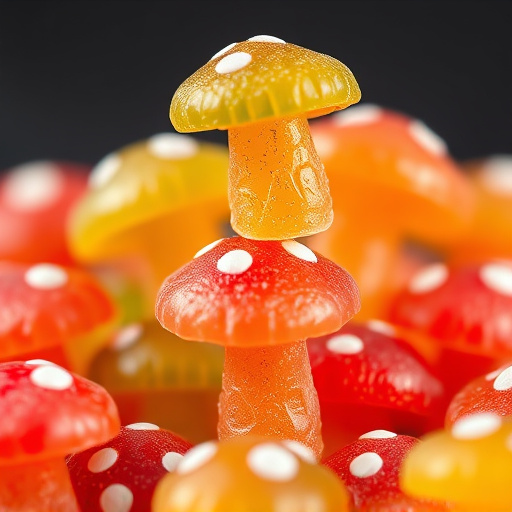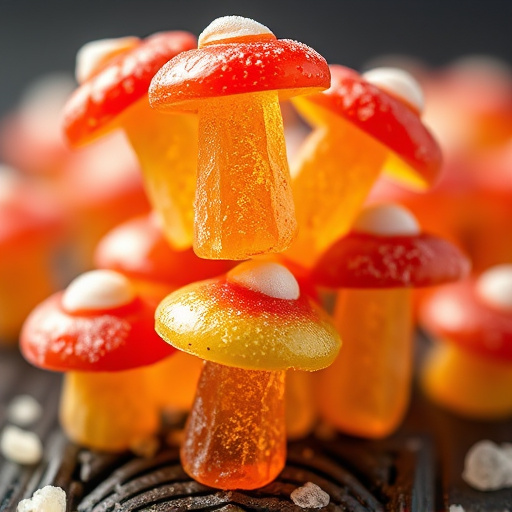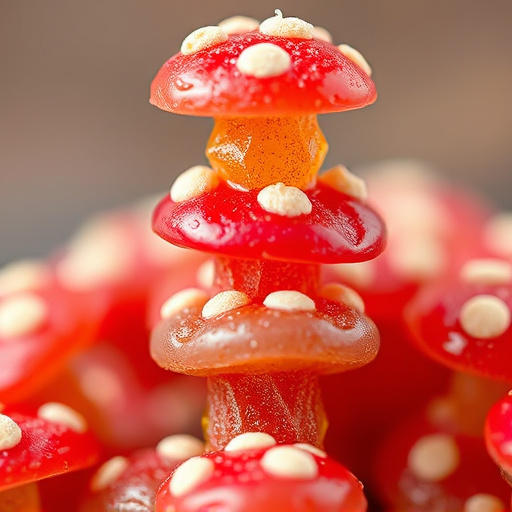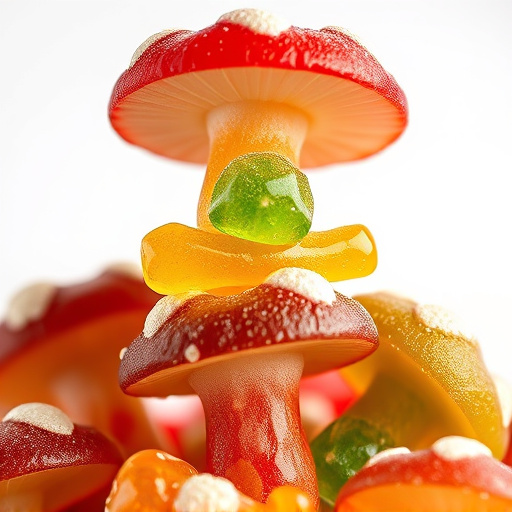The modern trend of legal magic mushroom gummies offers a regulated alternative to unregulated illegal psychedelics, with varying global legal statuses. While these gummies show therapeutic potential for conditions like anxiety, depression, and PTSD, their legal classification varies from Schedule I drugs in some regions to medicinally legal under supervision elsewhere. Consulting healthcare professionals before use is essential given limited long-term research, despite promising early results.
“Uncover the enigmatic world of Magic Mushroom Gummies—a modern twist on traditional psychodelics. This article explores the composition, effects, and surprising potential benefits of these edible treats. We delve into the legal considerations surrounding their accessibility worldwide, offering a balanced perspective on their use. From mind-expanding experiences to therapeutic applications, understand the complexities of the Legal Status of Magic Mushroom Gummies and make informed decisions in today’s evolving landscape.”
- Understanding Magic Mushroom Gummies: Composition and Effects
- Legal Considerations: The Legal Status of Magic Mushroom Gummies Worldwide
- Potential Benefits and Risks: A Balanced Perspective on Using Magic Mushroom Gummies
Understanding Magic Mushroom Gummies: Composition and Effects
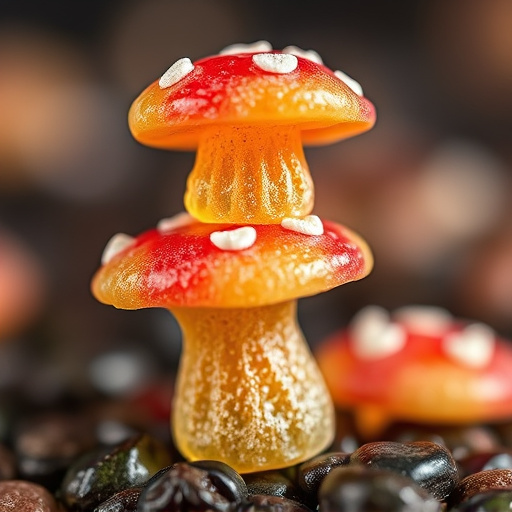
Magic mushroom gummies are a modern twist on traditional psychedelic substances, offering a convenient and often legal way to experience their effects. These gummies are created by infusing edible gelatin with psilocybin, the active compound found in certain species of magic mushrooms (Psilocybe). The legal status of magic mushroom gummies varies globally; some countries and states have legalized them for recreational or medicinal use, while others maintain strict restrictions. This variability is primarily due to the mixed perceptions and ongoing research surrounding psychedelics.
The effects of magic mushroom gummies can vary widely depending on factors like dosage, individual tolerance, and environment. Users often report heightened sensory perception, enhanced creativity, and profound emotional experiences. However, it’s crucial to approach these substances with caution, as they can also induce anxiety or paranoia in some individuals. The legal availability allows for better regulation and control over dosage and purity, potentially offering a safer alternative to unregulated, illegal psychedelic substances.
Legal Considerations: The Legal Status of Magic Mushroom Gummies Worldwide
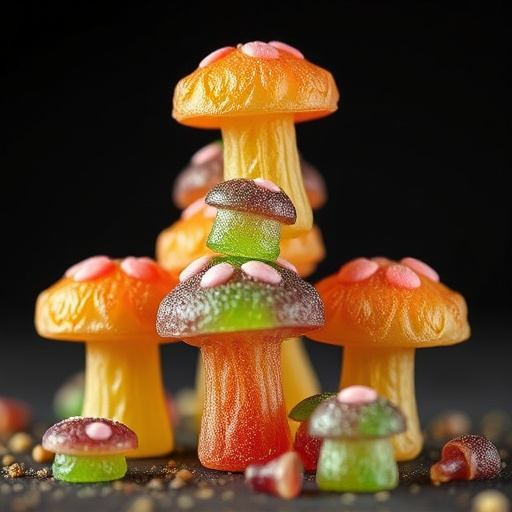
Magic mushroom gummies, despite their appealing and modern presentation, navigate a complex legal landscape worldwide. The legal status of magic mushroom gummies varies significantly from country to country, reflecting differing stances on psychedelic substances. While some regions have legalized or decriminalized mushrooms for medicinal or recreational use, others maintain strict prohibitions. This disparity necessitates careful consideration before engaging with these products.
In many developed nations, including parts of the United States, Canada, and certain European countries, there’s a growing trend towards legalizing psilocybin-containing products like gummies under controlled conditions. Research into their potential therapeutic benefits has prompted changes in legislation, allowing for regulated distribution and use. Conversely, many developing countries and some conservative regions persist in classifying magic mushrooms as illegal substances, often aligning with international conventions that categorize them as controlled drugs.
Potential Benefits and Risks: A Balanced Perspective on Using Magic Mushroom Gummies
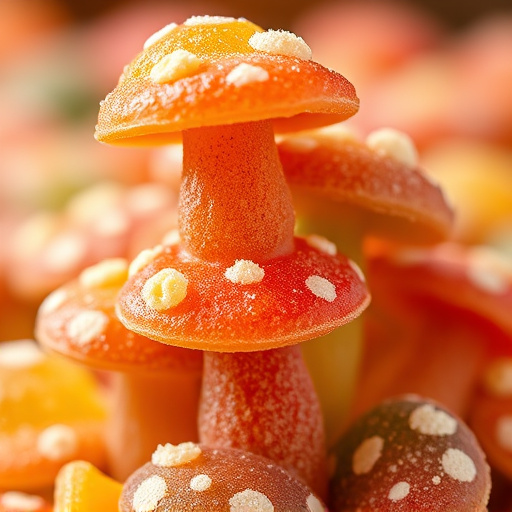
Magic mushroom gummies, while sounding like a novelty, offer potential therapeutic benefits backed by early research. Studies suggest that psilocybin, the active compound in magic mushrooms, could aid in treating anxiety, depression, and post-traumatic stress disorder (PTSD). It has also shown promise in boosting creativity, enhancing mindfulness, and facilitating spiritual experiences. The edible form, like gummies, provides a more controlled dose and predictable effects compared to traditional mushroom consumption, making it an appealing option for those seeking these benefits.
However, the legal status of magic mushroom gummies varies widely globally. In many places, they remain classified as Schedule I drugs, indicating a high potential for abuse and no accepted medical use. This classification often leads to stringent regulations and criminal penalties. Yet, some countries and states have started to decriminalize or even legalize psilocybin-containing products under strict medical supervision. It’s crucial to approach magic mushroom gummies with caution due to their unpredictable effects and limited long-term research. Consulting healthcare professionals is essential before considering them as a treatment option for any condition.
The potential for the legal status of magic mushroom gummies to offer therapeutic benefits while managing risks is an evolving landscape. As public perception shifts and scientific research progresses, understanding the global Legal Status of Magic Mushroom Gummies becomes increasingly vital. Balancing access to this alternative therapy with public safety requires a nuanced approach. Future regulations should foster responsible use by clarifying dosage, quality control, and accessibility, ensuring individuals can make informed decisions while mitigating potential risks associated with magic mushroom gummies consumption.
